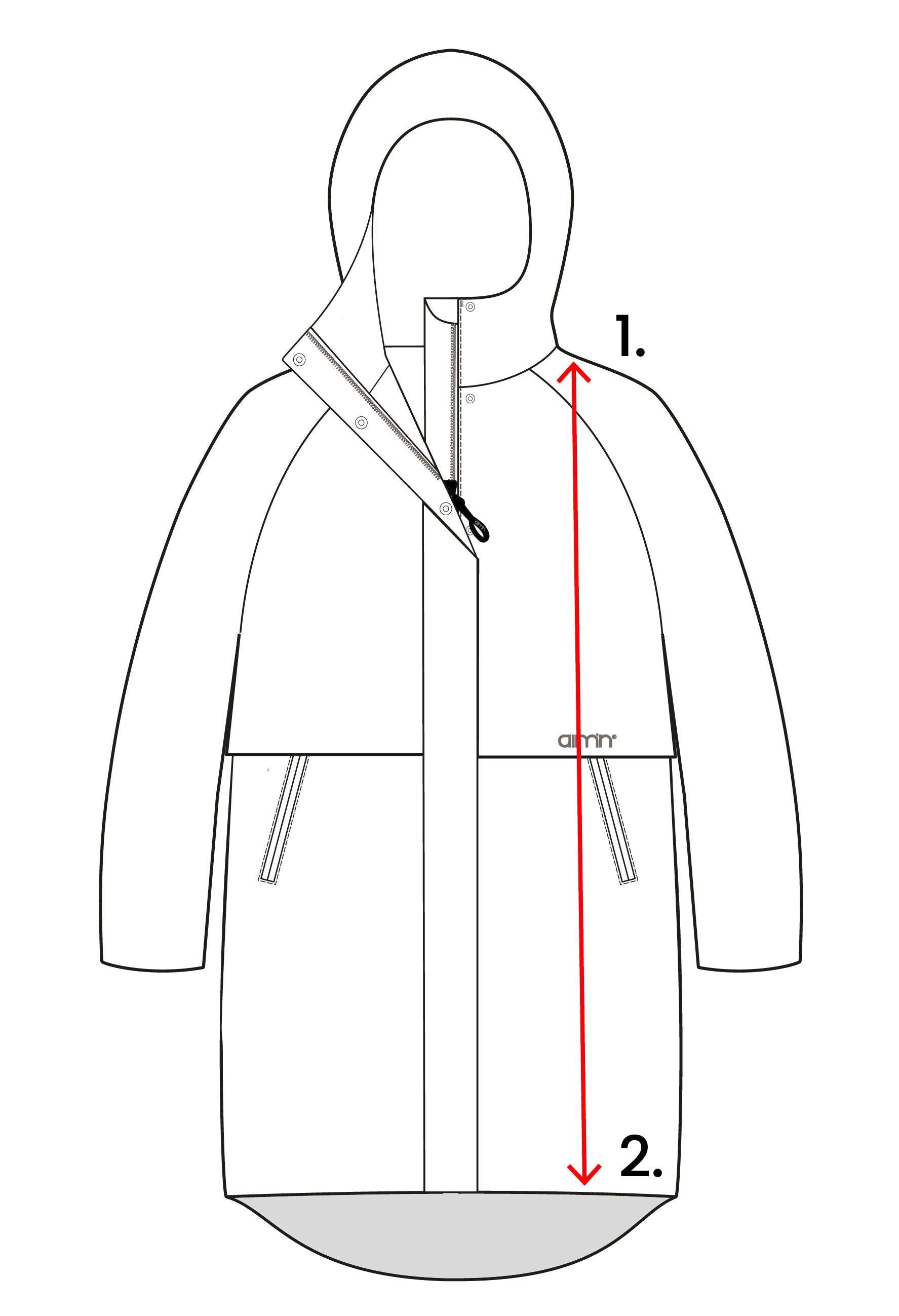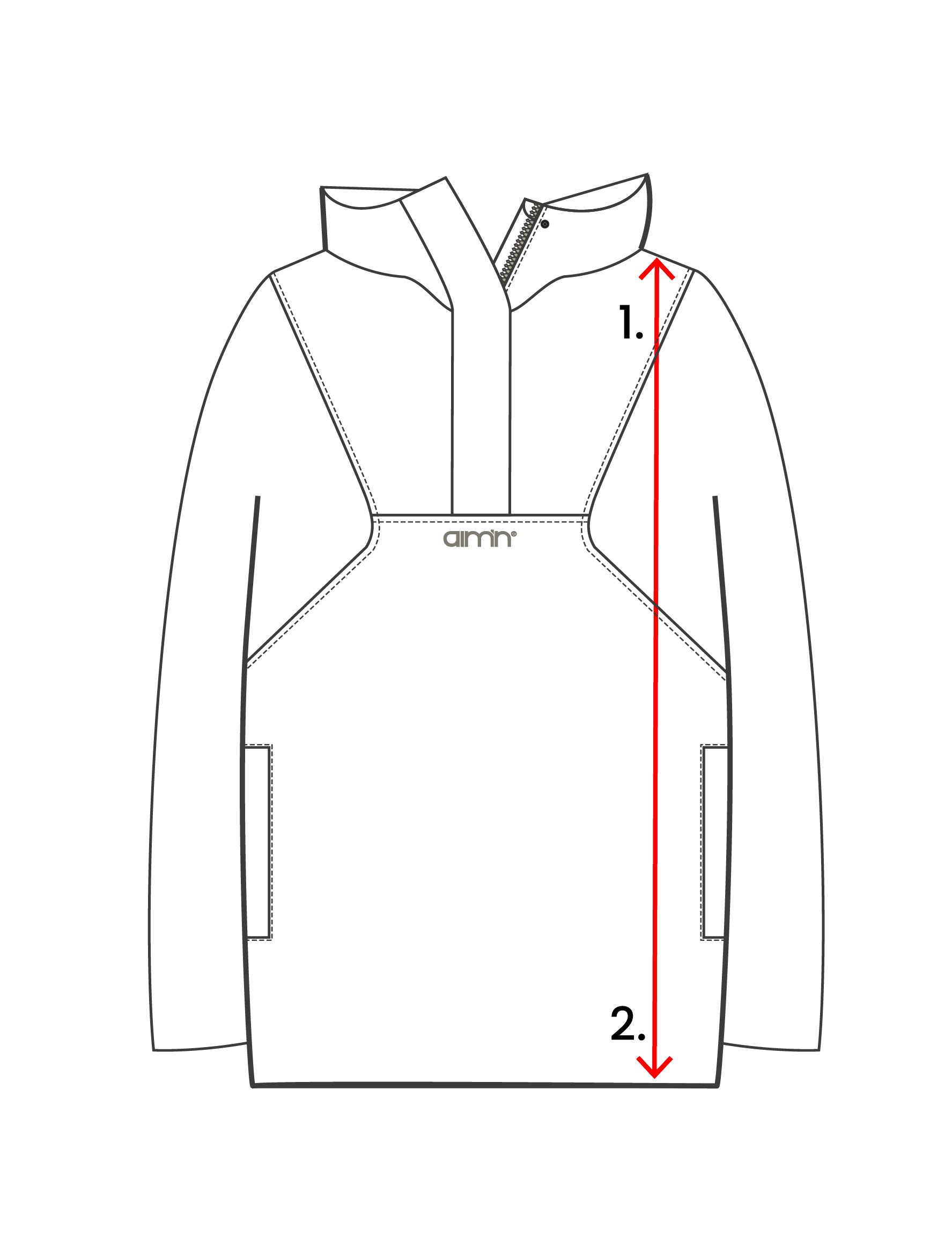The body’s largest organ - tips for taking care of your skin
Taking care of our skin is a vital part of our health and there are a few small habits we can implement to help our skin regulate and give it that nourished, glowing look!

HERE ARE OUR TOP TIPS FOR TAKING CARE OF YOUR SKIN:
HYDRATION
By actually hydrating your body from the inside out, it can help hugely with caring for your skin and giving it that healthy look and feeling. Increasing your water consumption not only keeps the inside of your body hydrated and refreshed, but it also hydrates your skin. Alongside this, it is common knowledge that by drinking more water, we are actually able to flush toxins from our body. Flushing toxins out is beneficial for our skin because it prevents them from coming out through the pores in our skin. Although it’s super important to hydrate from the inside out, finding a good natural moisturizer is always a good way to hydrate from the outside in as well!
SLEEP AND STRESS MANAGEMENT
We are sure you have all heard the saying “get your beauty sleep” - and this is actually true when it comes to your skin! When we are asleep, our body can rest and repair itself. “During sleep, your skin’s blood flow increases, and the organ rebuilds its collagen and repairs damage from UV exposure, reducing wrinkles and age spots.” Making sure you are getting enough quality sleep will have a positive impact on your overall well-being, as well as your skin health.
Managing your stress is just as important as managing your sleep when it comes to skin care. “The reason for this, is that stress actually causes changes to the proteins in your skin. As a result, your skin's elasticity will be reduced, which can result in signs of premature aging like under-eye puffiness, wrinkles, and fine lines.” Making an effort to reduce your stress will positively impact your overall lifestyle, your wellbeing and even your skin.
SUN SAFETY AND PROTECTION
Sun safety is one of the most commonly known ways to protect your skin. Our sun produces UV radiation which can cause sunburn and premature aging, as well as it being one of the factors that can cause cancer. It’s important that we protect our skin from the sun as much as we can to reduce these harmful risks, but also to keep our skin radiant and glowing. We recommend finding a good SPF to wear when exposed to the sun. as well as finding shade or wearing clothes and a hat that covers your exposed skin for extra protection.
DIET AND HEALTHY FATS
Similarly to our hydration tip, we can also take great care of our skin from the inside out through our diet and the way we nourish our body. Reducing your intake of junk food and focusing more on wholefoods will have a positive impact on your body, including your skin. However, research has been found that eating foods high in healthy fatty acids can actually have a great impact on your skin, and is very important for maintaining skin health. Alongside this, making sure we consume foods that are high in antioxidants such as cacao, blueberries, goji berries, kale and many other foods can have a great impact on our skin. It has been found that antioxidants can help the skin to repair itself, as well as having many other benefits for our skin.
SHARE THIS ON PINTEREST:



























































































